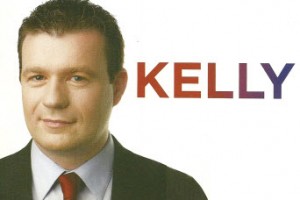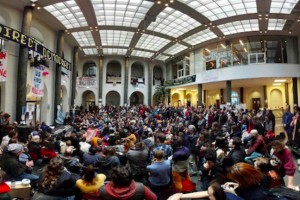In 1985 President Ronald Reagan declared Nicaragua to be “a threat to the United States”, and proceeded to finance and arm the “contras” in order to overthrow the democratically elected Sandinista government. When, thirty years later the current president of the U.S. declares Venezuela to be “a threat to the United States”, it can only mean one thing – the U.S. is seeking to overthrow the government of Venezuela.
Since the election of Hugo Chávez in 1998 transformed the political situation in Venezuela and Latin America, the U.S. has striven to restore its dominion over the continent. It has supported and encouraged the Venezuelan ultra-right, during the coup d’état in 2002 and since, in all its efforts to destabilise and undermine the Bolivarian Government.
Last year the ultra-right organised street violence resulting in the deaths of 43 people. This year in February, Venezuelan security services uncovered a plot for another coup d’état. You would not know this from the Irish media who take their news from the Washington Post and the New York Times. They would have us believe that the deaths last year were the result of state repression of peaceful demonstrations and that there was no plot, that persons convicted of violent crimes or awaiting trial are political prisoners.
These false reports have been endorsed by the U.S. Senate and the European Parliament. It is on this basis that the Senate orders sanctions and the President issues his executive order.
The threats against Venezuela have been repudiated by UNASUR and by ALBA, representing a majority of Latin American States, who no longer accept the hegemony of the United States. The Coordinating Bureau of the Non-Aligned Movement in the United Nations has stated that they also reject the latest decision of the Government of the United States to expand it’s coercive measures against Venezuela.
The Venezuela Ireland Network is holding a demonstration outside the U.S. Embassy in Dublin from 2pm til 4pm on Sunday 19thApril, to call for the rescinding of the order declaring Venezuela to be a threat to the United States, for the ending of sanctions against officials who were only acting according to the constitution and laws of Venezuela, and for an end to all U.S. interference in Venezuelan affairs.





















